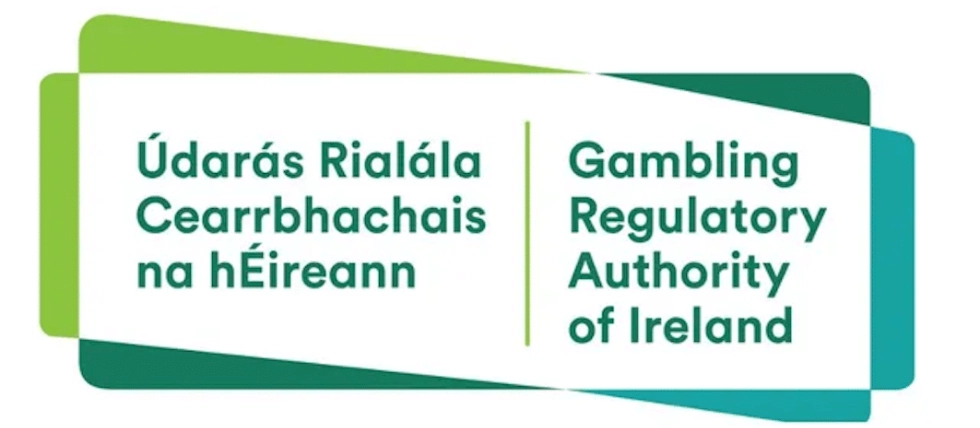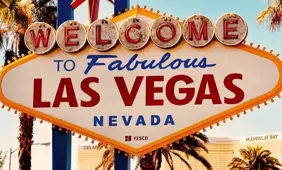Gambling Regulatory Authority of Ireland Aims for Self‑Financing
The Gambling Regulatory Authority of Ireland (GRAI) has published its 2025–2027 strategy outlining plans to become self-financing within two years.

The regulator also intends to open licensing applications by year-end, ahead of a regulated market launch in 2026.
The document, released after the regulator began operating in March under the Department of Justice, Home Affairs and Migration, following the Gambling Regulation Act 2024, sets a three-year roadmap focused on establishing licensing, compliance and enforcement arrangements for Ireland’s newly regulated gambling market.
GRAI’s Core Priorities and Operational Framework
The GRAI’s Statement of Strategy groups activity into six functional areas: Licensing; Monitoring and Compliance; Enforcement; Consumer Protection and Awareness; People, Organisation and Governance; and a Digital First approach to regulation. Each area is supported by objectives and measurable deliverables that the regulator says will guide its work through 2027.
Minister for Justice, Home Affairs and Migration Jim O’Callaghan said the strategy extends beyond formal regulation to include public education and protection of vulnerable people, while GRAI chair Paul Quinn emphasised prevention, evidence-based decision-making and the importance of public trust in the new framework. Anne Marie Caulfield, the regulator’s chief executive, will be tasked with implementing the operational elements of the strategy.
Central to the plan is a move to fee-based funding. The GRAI intends to become financially self-sufficient within roughly two years by charging the gambling industry for licences and supervisory activities – a model used by several European regulators but one that requires careful calibration to avoid creating barriers for smaller operators.
Related: Ireland's Gambling Reform – Adapting to a Stricter Regulatory Landscape
More Regulation News
 Regulation
Regulation
Mississippi Committee Advances Bill to Criminalize Online Sweepstakes Casinos
Jan 29, 2026 Regulation
Regulation
Study Suggests Nordic Regulators Still in the Dark Over Online Gambling Black Market
Jan 29, 2026Implications for Operators Ahead of the 2026 Launch
The regulator says it expects to open the application window for Irish gambling licences by year-end, with the fully regulated market scheduled to go live in 2026. In the interim, businesses are advised to comply with existing Irish law. Operators can still apply for or renew licences through the Revenue Commissioners under legacy frameworks, including the Betting Act 1931 and the Gaming and Lotteries Act 1956.
Operators should plan for several practical changes: mandatory licence applications under the new regime, potentially higher operating costs because of regulatory fees, and increased compliance obligations around advertising, player protection and anti‑money‑laundering measures. The GRAI has already issued guidance for Business‑to‑Consumer and Business‑to‑Business applicants earlier this year, signalling that detailed application and compliance requirements will follow.
For consumers and public health groups, the strategy places emphasis on awareness and prevention measures. Stakeholders in Ireland have also been urging more unified gambling support services, a point likely to shape future consultations between the regulator, healthcare providers and charities working on gambling harm mitigation.
Industry observers say the regulator faces immediate operational challenges: staffing and capability building, designing proportionate fee schedules, rolling out digital monitoring tools and ensuring timely licence decisions so the market launch is not delayed. Comparisons have been made with established bodies such as the UK Gambling Commission, which has faced similar teething problems when expanding regulatory scope and digital oversight.
As the GRAI moves from setup to full operation, the next 12 months will be critical. How quickly it establishes clear, workable licensing processes and a credible compliance and enforcement regime will determine whether the regulated market delivers the balance of consumer protection and commercial certainty policymakers intend.
RELATED TOPICS: Regulation
Most Read
Must Read
 Interviews
Interviews
Exclusive Interview: Levon Nikoghosyan Shares AffPapa Winning Formula for Successful iGaming Events
Dec 03, 2025 Interviews
Interviews





Review this New Post
Leave a Comment
User Comments
Comments for Gambling Regulatory Authority of Ireland Aims for Self‑Financing